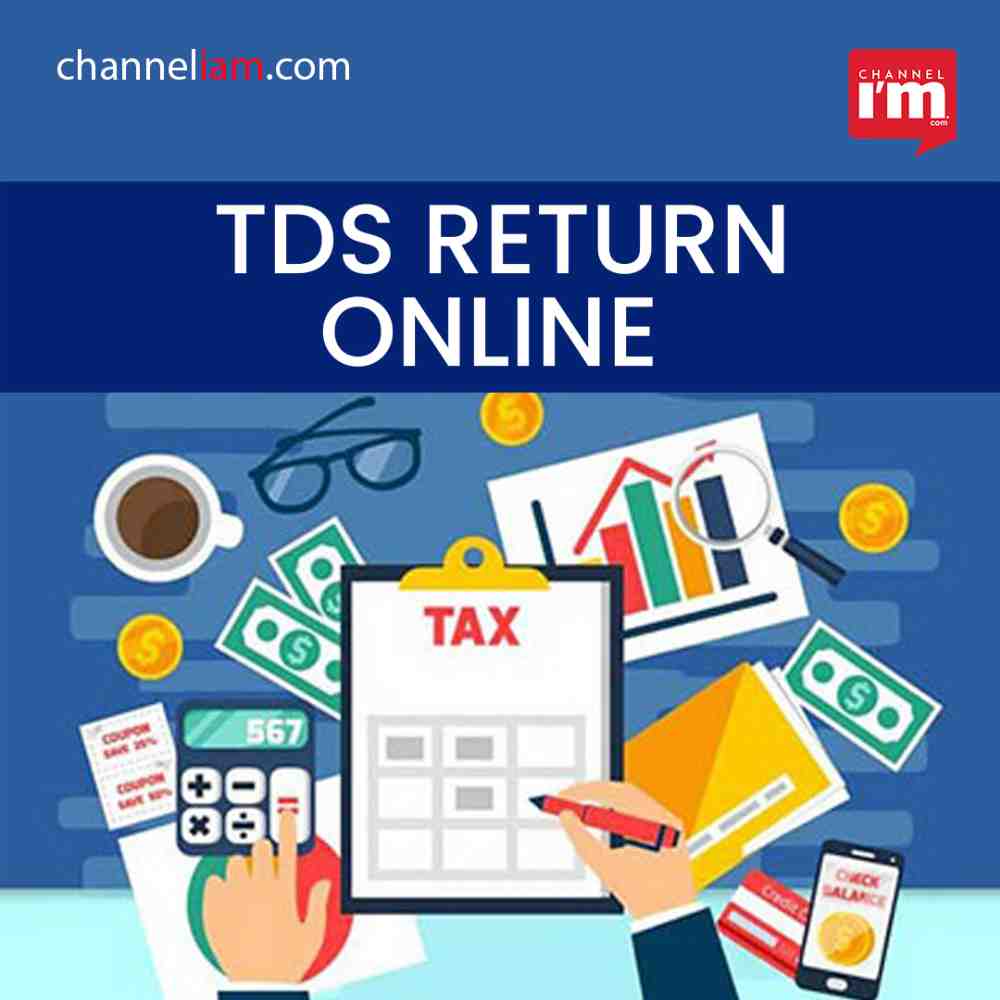TDS online return: Here is everything you should know about TDS and TDS return policies

Small and Medium Enterprises (SMEs) are an essential part of the Indian economy, and the Government has introduced several initiatives to support their growth. One such initiative is the TDS (Tax Deducted at Source) system, which requires companies to deduct a percentage of tax from payments made to vendors, contractors, and employees. To simplify the TDS process, the Government has made it mandatory for SMEs to file their TDS returns online.
Everything SMEs need to know about TDS and TDS returns.
What is TDS?
TDS is a tax collection system where the company deducts a percentage of tax from payments made to vendors, contractors, and employees. The deducted amount is then deposited with the Government on behalf of the payee. TDS is applicable to various types of payments, such as salaries, interest, rent, and professional fees, among others.
TDS Return
TDS Return is a statement that contains details of TDS deductions made by the company during a specific period. The statement must be filed with the income tax department on a quarterly basis. The TDS Return must include details such as the name and PAN of the deductor and deductee, the amount of TDS deducted, and the amount deposited with the Government.
TDS Return Guidelines
SMEs must follow the following guidelines when filing their TDS returns online:
1. Register for TAN (Tax Deduction and Collection Account Number)
SMEs must obtain a TAN number to file their TDS returns online. The TAN number is a 10-digit alphanumeric number issued by the income tax department.
2. File TDS Returns Quarterly
SMEs must file their TDS returns quarterly, and the due dates are as follows:
Quarter 1: 31st July
Quarter 2: 31st October
Quarter 3: 31st January
Quarter 4: 31st May
3. Verify TDS Returns
After filing the TDS returns, SMEs must verify the returns within seven days of submission. Verification can be done using a digital signature or through an Aadhaar-based authentication.
4. Consequences of Late Filing
Late filing of TDS returns can result in penalties and interest charges. The penalty can be up to Rs. 10,000 for each late filing, and interest is charged at 1.5% per month until the returns are filed.
In conclusion, SMEs must ensure timely filing of their TDS returns to avoid penalties and interest charges. By following the above guidelines, SMEs can file their TDS returns online in a hassle-free manner. The TDS system is an essential tax collection mechanism that ensures a steady flow of revenue for the Government and helps SMEs comply with their tax obligations.
